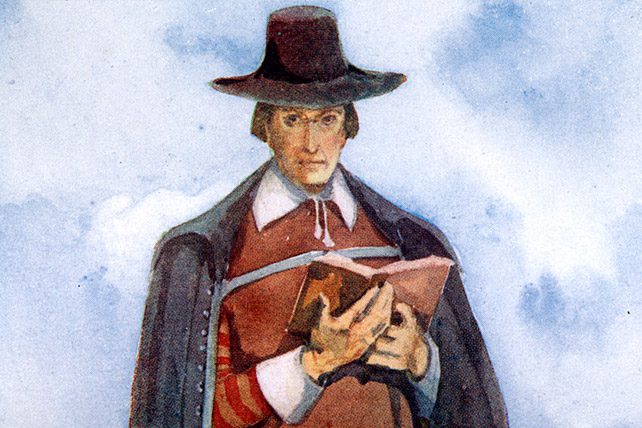You’ve likely seen the classic image: black hats, stark collars, and somber faces—Puritans frozen in time, tucked between history textbooks and Nathaniel Hawthorne’s The Scarlet Letter. But what if the Puritans never really disappeared? What if their influence is still quietly shaping modern Christianity, American values, and even how we think about work and worship?
Let’s explore how the Puritans—those passionate reformers of the 16th and 17th centuries—continue to leave their mark in places you might not expect.
1. From Reformers to Trailblazers: Who Were the Puritans?
The Puritans were English Protestants with a bold mission: to purify the Church of England of what they saw as lingering Catholic practices. Grounded in the Reformation theology of John Calvin, they emphasized Scripture, moral integrity, and deep personal piety. When persecution rose, many fled to the New World—not just for survival, but to build what they saw as a holy society.
Their journey influenced everything from the English Civil War to the founding of institutions like Harvard University. But their real legacy? It began in their hearts—with a desire to live fully for God.
2. Modern Congregationalist Churches: The Puritan Family Tree
While you won’t find churches today labeled “Puritan,” some of their direct descendants are still active—especially in the Congregationalist tradition. These churches inherited Puritan polity, where each local church governs itself. Though modernized, many still hold to the core theological values passed down by their reforming forebears.
RELATED: Being Shaped by the Word
3. Echoes in Evangelicalism: The Personal Faith Legacy
The Puritans placed high value on personal salvation, heartfelt preaching, and a life marked by spiritual fruit. Sound familiar? That’s because modern evangelicalism carries much of that DNA. From the altar call to the small group Bible study, the Puritan call to know God personally continues to echo in evangelical churches across the globe.
4. The Church of England’s Reform-Ripple Effect
Although the Puritan movement was effectively dissolved after the English Restoration in 1660, its theological undercurrents flowed into other movements—especially the Nonconformist denominations like Presbyterians, Baptists, and even Quakers. These groups still echo the Puritan spirit through their emphasis on biblical authority, simplicity in worship, and resistance to institutional compromise.

